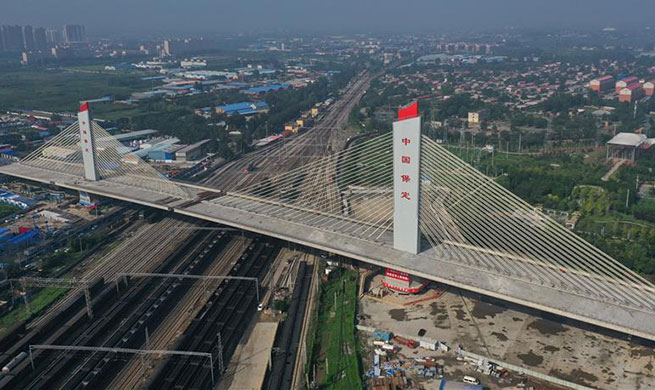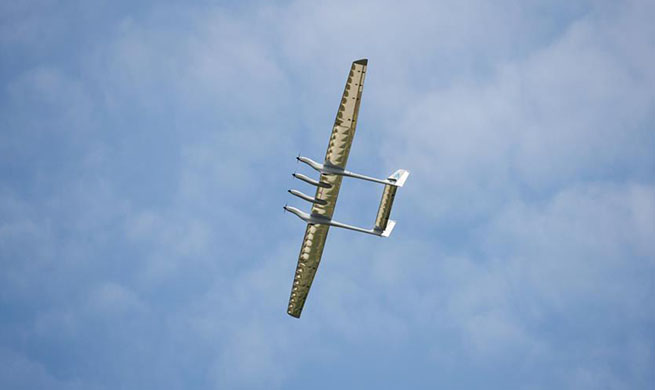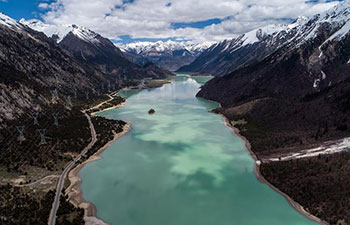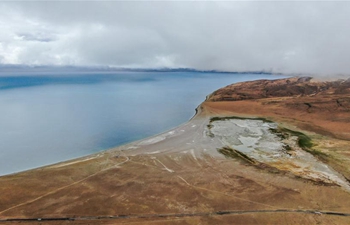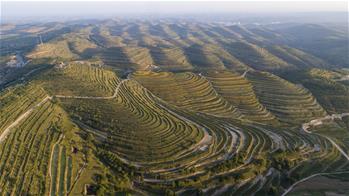BEIJING, July 31 (Xinhua) -- Tensions have been rising in the Strait of Hormuz as the United States, together with its allies, continues its maximum pressure tactic against Iran, which threatens one of the most important global lifelines in the energy sector.
Washington unilaterally withdrew from a landmark Iran nuclear deal last year, resurrected sanctions on the Islamic republic and increased its military presence in the region, despite the fact that Iran had fully complied with the deal's requirements.
Tehran responded with restarting its centrifuges and ramping up uranium enrichment activities.
Iran seized a British-flagged tanker in the strait last week in retaliation for the seizure of an Iranian ship by the police of Gibraltar, which is seen by Britain as its overseas territory, earlier this month.
Moreover, the United States and Iran have announced that they shot down each other's drones in the region, another sign of a major Gulf escalation.
The Strait of Hormuz, situated between the Persian Gulf and the Gulf of Oman, provides the only passage connecting the Gulf and the Arabian Sea.
Although it is only 33 km wide at its narrowest point, with the shipping lane 3 km wide in either direction, the strait is one of the world's busiest shipping lanes and most important waterways for oil.
More than a fifth of the world's annual oil supplies pass through this narrow and congested chokepoint -- 21 million barrels per day (bpd) of oil versus world consumption of about 100 million bpd in 2018, according to the U.S. Energy Information Administration.
More than a quarter of global liquefied natural gas trade (LNG) also transited the shipping channel, with Qatar, the world's biggest LNG exporter, sending almost all of its gas through the strait.
Therefore, the inability of oil to transit the major chokepoint, even temporarily, can lead to substantial supply delays and higher shipping cost -- resulting in higher world energy prices.
This geostrategic significance came into fresh focus when Iranian President Hassan Rouhani recently threatened to close the Strait of Hormuz following the Trump administration's decision to ban Iranian oil exports.
"If the hostility of enemies reaches a point that there is no other choice, that day we will be fully capable of closing the strait," Chief of Staff of Iran's Armed Forces Major General Hossein Baqeri said in April.










